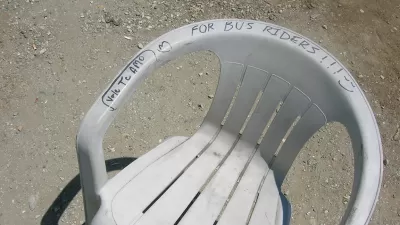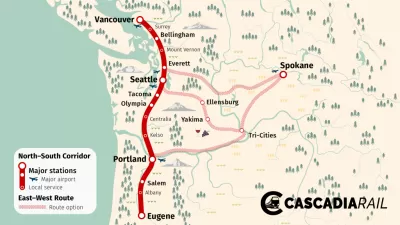The Federal Transit Administration announced the winners in the Bus and Bus Facilities and Low or No Emission Vehicle (Low-No Program) programs in August.
Recent weeks have been packed with federal grant announcements, from RAISE competitive grants to Build Back Better Regional Challenge competitive grants, if you blinked you might have missed the Federal Transit Administration’s announcement of $1.66 billion funding for the Bus and Bus Facilities and Low or No Emission Vehicle (Low-No Program) programs. The latter provides funding to help transit agencies buy or lease U.S.-built low- or no-emission vehicles, including related equipment or facilities.
In an August 16 press release published by the Federal Transit Administration, U.S. Department of Transportation Secretary Pete Buttigieg is quoted saying that the funding “means more good jobs for people across the country, cleaner air in our communities, and more affordable and reliable options to help people get to where they need to go.”
Both programs gained a major influx of funding reach through the Infrastructure Investment and Jobs Act (IIJA). The IIJA provided $5.5 billion over five years for the Low-No Program, for example—six times more than the previous five years of funding. The IIJA provides nearly $2 billion over five years for the Grants for Bus and Bus Facilities Program.
The complete lists of projects funded in 2022 for both programs can be found online at the FTA website.
For a local example of Low-No Program funding, the Sustainability Commitment Program at the Metropolitan Atlanta Rapid Transit Authority (MARTA) received a $19.3 million grant to purchase 25 electric buses and charging infrastructure.

Maui's Vacation Rental Debate Turns Ugly
Verbal attacks, misinformation campaigns and fistfights plague a high-stakes debate to convert thousands of vacation rentals into long-term housing.

Planetizen Federal Action Tracker
A weekly monitor of how Trump’s orders and actions are impacting planners and planning in America.

San Francisco Suspends Traffic Calming Amidst Record Deaths
Citing “a challenging fiscal landscape,” the city will cease the program on the heels of 42 traffic deaths, including 24 pedestrians.

Defunct Pittsburgh Power Plant to Become Residential Tower
A decommissioned steam heat plant will be redeveloped into almost 100 affordable housing units.

Trump Prompts Restructuring of Transportation Research Board in “Unprecedented Overreach”
The TRB has eliminated more than half of its committees including those focused on climate, equity, and cities.

Amtrak Rolls Out New Orleans to Alabama “Mardi Gras” Train
The new service will operate morning and evening departures between Mobile and New Orleans.
Urban Design for Planners 1: Software Tools
This six-course series explores essential urban design concepts using open source software and equips planners with the tools they need to participate fully in the urban design process.
Planning for Universal Design
Learn the tools for implementing Universal Design in planning regulations.
Heyer Gruel & Associates PA
JM Goldson LLC
Custer County Colorado
City of Camden Redevelopment Agency
City of Astoria
Transportation Research & Education Center (TREC) at Portland State University
Jefferson Parish Government
Camden Redevelopment Agency
City of Claremont





























